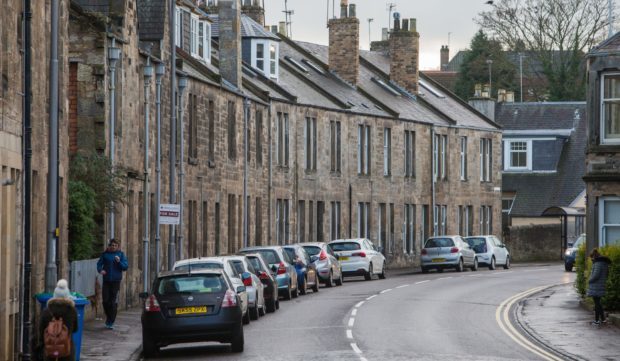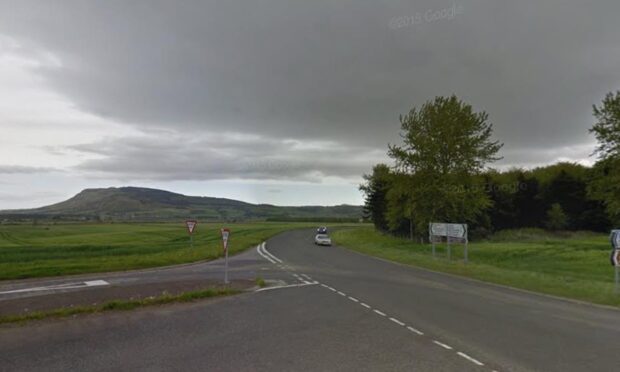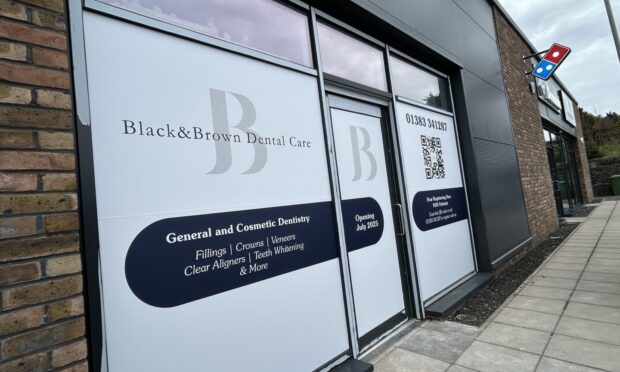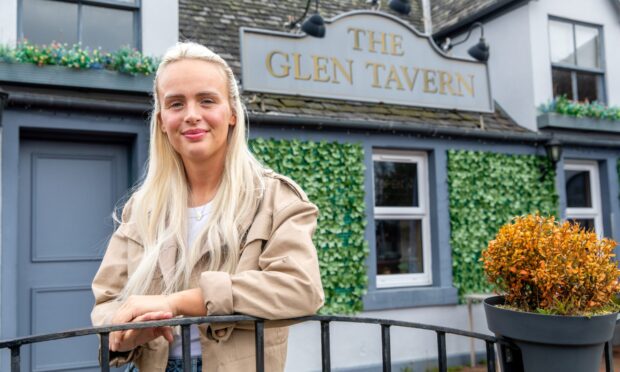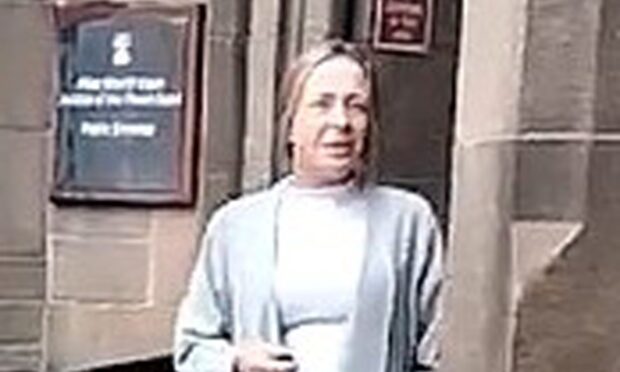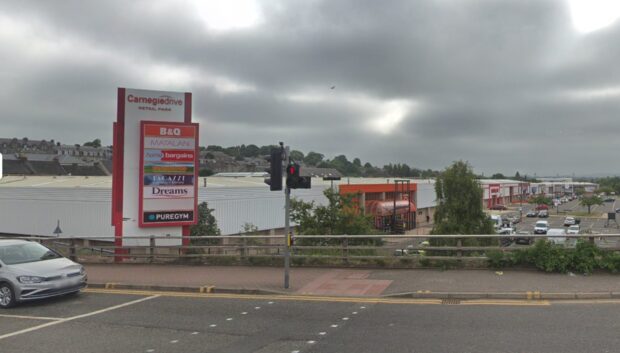A report commissioned by Fife Council on the impact of HMOs on St Andrews recommends a town centre ban should be lifted.
Findings of the study, which have been branded “not fit for purpose” by a resident group, were presented to councillors at a workshop this week.
In December The Courier saw a redacted version but now understands it recommends the moratorium on new houses of multiple occupation in the town’s conservation area be lifted and HMOs permitted in up to 15% of homes elsewhere in the town.
Most HMOs in the town are let to students of St Andrews University and their proliferation has been blamed for inflating housing prices, poor property maintenance and creating neighbourhoods with few permanent residents.
Fife Council is reviewing how they should be managed in future.
David Middleton, of the Confederation of St Andrews Residents Associations (CSARA), said: “This will further reduce the availability of scarce family homes, including social housing, in the town.”
CSARA has already claimed the report by North Star Consulting and Research is not fit-for-purpose for guiding important decisions which will “radically affect the whole community of St Andrews”.
The report erroneously states the town’s population is 27,583, significantly higher than the census figure of 16,500, including 8,750 students.
Mr Middleton said: “This error produces a distorted picture of the population in St Andrews.
“Students, rather than being a minority, now significantly outnumber permanent residents. The impact HMOs have on the limited housing stock in St Andrews is therefore seriously underestimated and the balance of the community misrepresented.”
In the coming months, councillors will be asked to decide how HMOs in the town should be managed in future.
The report concludes the moratorium has failed to do as intended and has squeezed housing affordability, creating more of the student lets in outlying residential areas.
Mr Middleton said: “The priority given to the supposed need for more HMOs is remarkable, considering that there is no evidence of a need for more student accommodation.”
He said there were 46 vacancies in university residences in the last academic year, with more in private purpose-built student accommodation, and highlighted university plans for 1000 more places.
He said: “By comparison, there are 631 people and families on the waiting list for social housing in St Andrews, of which 35 are deemed to be homeless.”
St Andrews councillor Brian Thomson, who attended the workshop, suggested the moratorium should be extended across the town.
He said: “We have enough HMOs in the town. The onus should be on the university to deal with any shortage of accommodation, which they are doing, making a huge investment right now. We have more than 600 families on the housing waiting list, and increasing HMOs is exacerbating that problem.”
Fife Council said several sources of information had been supplied to councillors and the report was not the only data relied upon.
The university said the North Star report bore out the warning it issued several years ago.
A spokesperson said: “When the partial HMO moratorium was first introduced, the university warned that it would lead to the types of problems now identified in recent studies.”
He also said it had sanctioned over £70 million to provide 900 new places in halls of residence and was developing a 64-bed affordable housing scheme.
